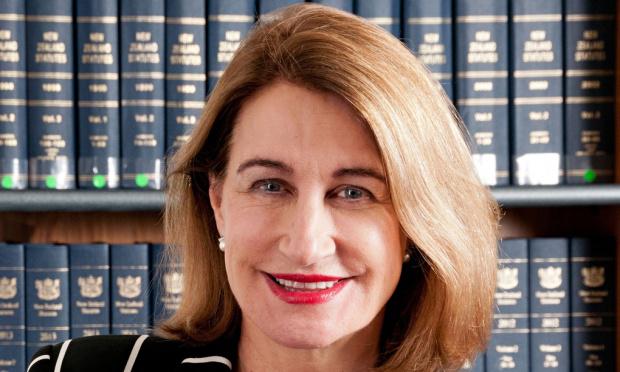|
The Guardian view on child sex abuse: this time it really must be never again
The Guardian
It is more than two years since the infamous revelation that BBC Newsnight had dropped a report exposing Jimmy Savile as a serial sexual abuser. It is seven months and two false starts since Theresa May promised an inquiry into allegations of an establishment cover-up of abuse in Whitehall and Westminster, and it is six months since Alexis Jay uncovered the extent of abuse in Rotherham. At last it feels as if the end of the beginning has been reached. There have been never-again moments many times before in the history of abused children, but the Savile affair has been a watershed. It has triggered an extraordinary moment of national catharsis. Now the home secretary has finally grasped the scale of the challenge and, by setting up a new inquiry on a statutory footing, has set in motion what promises to be an investigation into institutional failure that will carry the confidence of all those involved. At the same time, the report of the Whitehall official in charge of the troubled families programme, Louise Casey, into the catastrophic failings of Rotherham council has prompted the communities secretary Eric Pickles to send in the commissioners to run the council’s key services. Its cabinet is resigning and the whole council will have to stand for re-election next year. There is, at last, action on a broad front and at the highest level. Events in Rotherham since the publication of Professor Jay’s report in October show how deeply entrenched self-deception can become. Most observers thought the report left no doubt about the council’s inadequacies. Yet Louise Casey found a jaw-dropping refusal to face up to failure. More than two-thirds of councillors were refusing to accept Professor Jay’s findings. Casey described deep-seated poor governance, a pervading culture of bullying and sexism, and a misplaced political correctness that only cemented failure. She reported that whistleblowers were silenced and that there was an unhealthy climate where people feared to speak out. There was not even a permanent chief executive in place to start the process of turning the council around. “Both today and in the past, Rotherham has at times taken more care of its reputation than it has of its most needy,” she concluded. In her report, Professor Jay thought that since 1997 as many as 1,400 children may have been abused, young girls who were left by this mix of incompetence and negligence at the mercy of a manipulative and exploitative local culture centred on taxi drivers. In a final blow to the town’s reputation, it now seems possible that two councillors and a police officer joined the exploitation. As in Rochdale and Oxford, events in Rotherham illustrate how abuse and exploitation can fester where victims and their families are not heard. But Mrs May’s public education in the nature of abuse has also been instructive. Last July, in line with standard Whitehall practice, she reached for first one and then a second establishment figure to chair the inquiry without reference to survivors or their representatives. In November she made an exemplary apology for her errors. Since then she has been meeting both young people through the children’s charity the NSPCC, and adult survivors. In the Commons she paid tribute to their courage and, influenced by their experience, she has reset her inquiry. It will now be on a statutory basis with the power to compel witnesses and the production of documents. There is a transparent appointments process against published criteria and there will be a confirmation hearing in front of the home affairs committee for her chosen chair, the New Zealand high court judge Dame Lowell Goddard. Work begins next month, well before the election might bring further delay. The survivors, who threatened at one stage to capture the process, will rightly have a role, but not so large as to risk the impartiality of the inquiry. There may be haggling ahead over the terms of reference, and quibbles about how quickly lessons will be learned. The sight of John Chilcot explaining to MPs on Wednesday why, after six years, his report was still not out, is a grim warning. But Mrs May speaks with authority and determination about exposing the abusers and the people who knew but didn’t act. Too soon to say never again, but at last it’s progress.
|
.
Any original material on these pages is copyright © BishopAccountability.org 2004. Reproduce freely with attribution.
